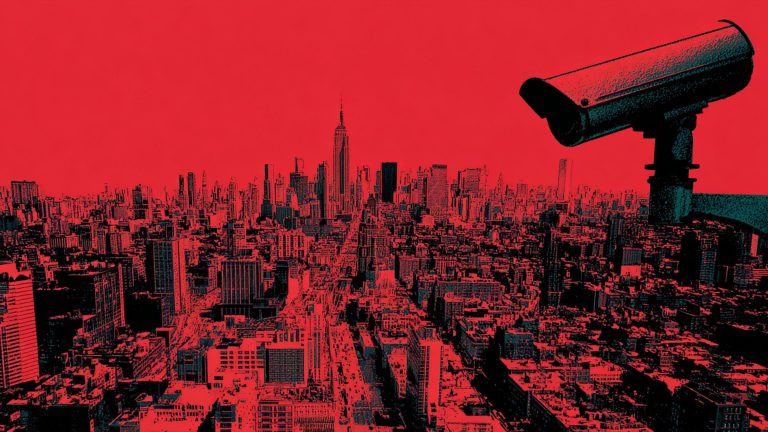Many governments all over the world are using the idea of COVID-19 misinformation as an excuse to crackdown on critics and independent journalism.
According to the International Press Institute, 17 countries introduced new laws to combat misinformation online between March and October last year. Using the new laws, authoritarian governments, such as Nicaragua, Hungary, Egypt, and Russia, have intensified their crackdown on independent journalism through government means – that’s not even including countries where platforms and monopolistic tech giants have done the same, the Economist has covered.
According to Marko Milanovic, an expert in International Law, at University of Nottingham, it’s a “huge problem” when these laws are used to suppress free speech and the freedom of the press.
In Egypt, for example, Mohamed Monir, a journalist, was arrested and charged with spreading “fake news” for writing an article critical of the government’s response to the coronavirus. He died in prison.
In Russia, the government passed a law last March that would see media outlets found guilty of spreading false information fined up to $140,000. The new law also made the spreading of misinformation a criminal offense, meaning those found guilty would also face jail time.
Since then, several journalists have been fined, including an editor of a news website who published a story about 1,000 graves being dug for coronavirus victims. The editor was fined about $810. Another one, Tatyana Voltskaya was fined about $400 for interviewing an anonymous health worker.
South Africa also introduced a temporary false information law last March. People violating the law by publishing coronavirus misinformation could face fines or a prison sentence of up to six months. The South African government is yet to arrest any journalist for violating the law. However, a handful of social media users were arrested for publishing claims about the virus, including a man who claimed that the tests also spread the virus.
Some of the new laws are temporary. However, some governments do not seem in a hurry to lift them. Hungary declared a state of emergency last year, with fake news rules that could result in a five-year prison sentence. The state of emergency ended in June, but the government re-imposed it in November in the wake of a new coronavirus wave.
Other governments are reviving obsolete laws. Jordan revived a “defense” law dating back to 1922 that allows the declaration of a state of emergency in exceptional circumstances. The law also gives the government the authority to monitor and censor the content published by news outlets. As a result, Jamal Haddad, was arrested on Christmas Eve for publishing a story questioning why government officials were receiving the vaccine while it was not yet available to citizens.
The excuse is to fight coronavirus misinformation, but the true intention is to suppress critics and “retaliate against those doing reporting they do not appreciate,” according to the Committee to Protect Journalists, a US-based NGO.
Zimbabwean authorities went as far as using a law that does not exist and arrested a journalist who tweeted about police using violence to enforce lockdowns. The law that criminalized the spreading of falsehoods was removed in a court ruling in 2014.
Some of these laws appear to have been inspired by Germany’s Network Enforcement Law (NetzDG), a law passed in 2017 to protect citizens from hate speech and fake news on social media. The law requires social media platforms to remove content deemed inflammatory. Some countries have specifically cited the German law while passing laws repressing independent journalism.
A Danish think-tank has dubbed the law “the Digital Berlin Wall,” because it has unintentionally emerged as a “prototype for global online censorship.”
These laws are making independent journalism more challenging, especially in countries with authoritarian governments. It is becoming increasingly more difficult to find sources willing to talk. Some journalists are censoring themselves, while others have run to exile, such as Nicaraguan journalists Gerall Chávez, and Lucia Pineda, of the outlet 100% Noticias.








